By Emma Grace Fairchild:
Wild horses and burros in the United States are a beautiful part of the natural history of the nation.
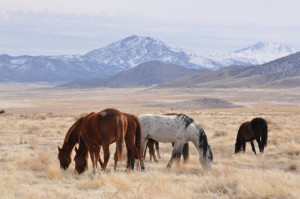
Referred to as “Living Legends of the West,” they embody beauty and freedom for those who love animals and nature. Considering the emotional connection many people feel towards these animals, it is no surprise that the public responds when wild horses appear to be mistreated, threatened, or taken advantage of. Under the Wild Free Roaming Horses and Burros Act of 1971, mustangs and burros are protected from land loss and other abuses while having support to maintain healthy herds. The Bureau of Land Management (BLM) is responsible for the monitoring and overseeing of the herds across public lands but has experienced harsh criticism in the past for various treatments of the horses and burros.
The main concern is the frequent roundups and subsequent auctioning of the horses. The actual roundups risk danger, stress and physical harm; and once the animals are in the possession of the BLM, they are put up for auction. One of the protections that the wild horses should have from the BLM is not to be sold for slaughter; however, if the public is not adopting them, the extra animals often are purchased for slaughter through third parties that skirt the law.
Some have theorized that the horses are experiencing excessive roundups due to pressure from cattle and sheep farmers who graze their herds on the same public land the horses live on. BLM denies these claims yet continues routine roundups of wild mustangs, consistently removing the horses from their homes on the range for crowded holding pens and auctions. It’s possible we don’t fully understand the concept of herd management and the necessary measures needed to keep wild herds healthy: alternatively, it’s also possible there is a hidden agenda set by farmers who use the same land.
The agreements that farmers have with federal agencies regarding livestock grazing on public lands are complicated and multifaceted. For consumers, understanding the complexities is difficult, especially when considering the recent growth in demand for grass-fed beef. The farm-to-table movement and the emphasis on locally produced meat is an important change in the quality of animal products, but seems to come with a unique set of consequences to consider. Joel Salatin of Polyface Farm promotes a high intensity grazing protocol on his 500-acre farm in Virginia that provides a foundation for alternative sustainable farming for people who are interested in sourcing the most eco conscious meats.
My conclusion is that the controversy around wild horses and the cattle that often share the land is complicated. There very well might be some truth to the accusations that the BLM and the beef industry are conspiring for greater grazing rights for cattle — and that beef cattle competing with wild horses for grassland could be connected to the roundup policies. I don’t believe that by not buying beef, America’s wild horses will be safer, but I do believe in the importance of considering every aspect of environmentalism when it comes to making decisions about food. There are many reasons to avoid beef and meat, especially that sourced from large companies, and there are many ways to help support wild horses and burros.
To learn more about the wild horses and burros in the U.S., check out the American Wild Horse Preservation Campaign, the Bureau of Land Management, or The Humane Society of the United States.


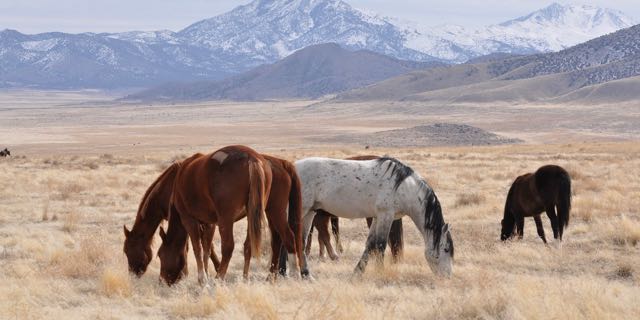
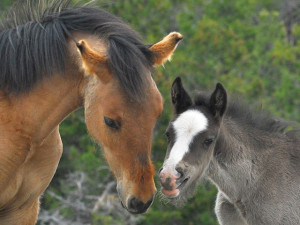

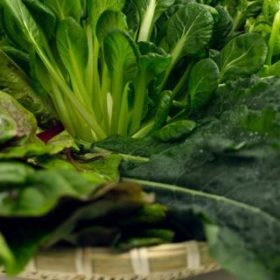




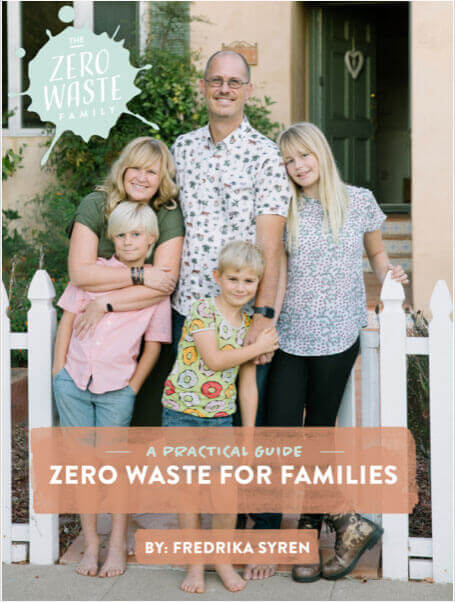

Hunter
Wonderful article. Personally, since I won’t eat beef or sheep, I’d be happy if they stayed away and the horses could reclaim their land.